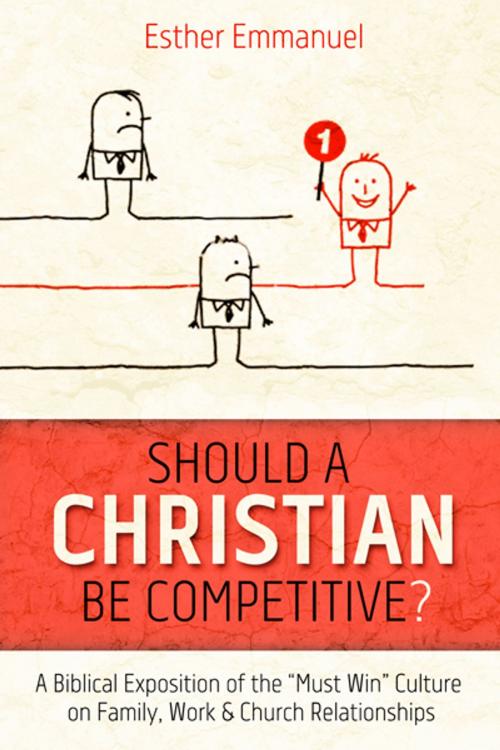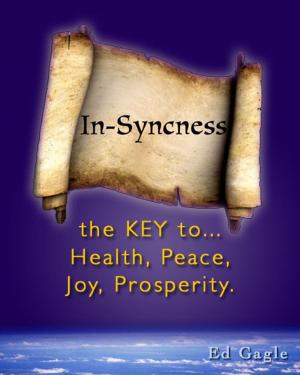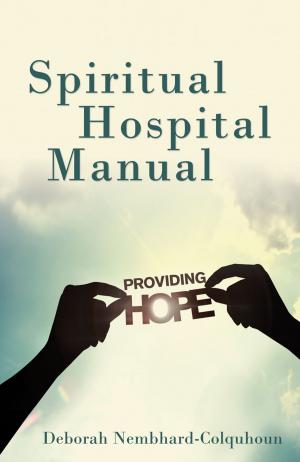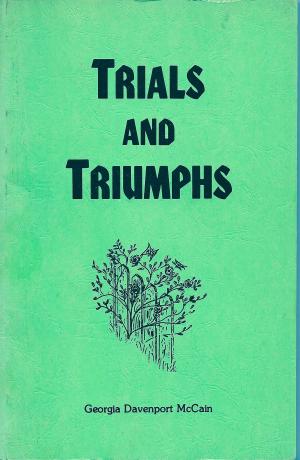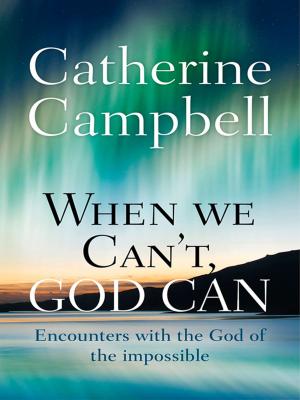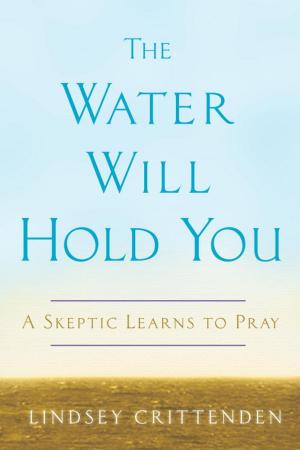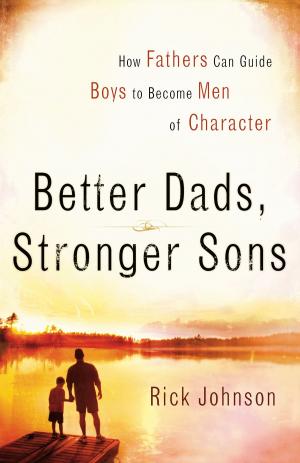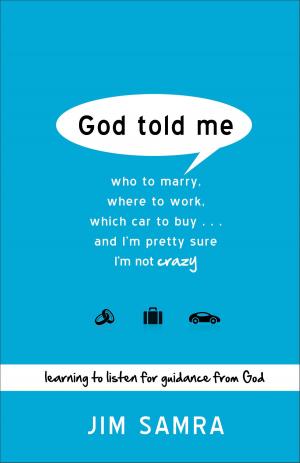Should a Christian be Competitive?
A Biblical Exposition of the Must Win Culture to Family, Work and Church Relationships
Nonfiction, Family & Relationships, Family Relationships, Siblings, Relationships, Interpersonal Relationships, Religion & Spirituality, Christianity, Christian Life| Author: | Esther Emmanuel | ISBN: | 9781909270350 |
| Publisher: | Prep Chroma Publishing | Publication: | September 5, 2012 |
| Imprint: | Language: | English |
| Author: | Esther Emmanuel |
| ISBN: | 9781909270350 |
| Publisher: | Prep Chroma Publishing |
| Publication: | September 5, 2012 |
| Imprint: | |
| Language: | English |
What does it mean to be competitive? What is the origin of competitiveness? Is being competitive part of God’s plan for us? How did bible characters successfully cope with or enact competitiveness? Can we find purpose or lasting blessings through competitiveness? Should a Christian be competitive?
Humanity in general, is on a treadmill of competitiveness. We are ensconced in the belief that success is tantamount to being competitive and vice-versa; we are encouraged to constantly compare ourselves to others and aim to be ahead of our neighbour in whatever capacity we fancy. However, there are no universal social guidelines for what constitutes competitiveness. The boundary of what is acceptable under the guise of competitiveness depends on each individual’s conscience and moral proclivity.
The author, Esther Emmanuel, in this book explores the issue of competitiveness within the context of the Christian faith. This book is made up of 15 chapters and subdivided into five parts:
1. In the beginning - explores God’s purpose for individual lives, the nature of individual gifting and the likelihood of the emergence of the competitive spirit in the Garden of Eden.
2. Competitiveness in the family - uses the biblical narratives on Jacob and Esau, Joseph and his brothers, Hannah and Peninnah to highlight emotional issues associated with competitiveness in this context and highlights behavioural issues such as sibling rivalry, jealousy, envy, schadenfreude etc. It also explores emotional detachment from family members and the power of supplication when faced with this dilemma.
3. Competitiveness in the workplace - the stories of Saul and David, Mordecai and Haman, Daniel and the Babylonians is used to explore the importance of social status, control, pride, self esteem narcissism and the paradigm of competitive collaboration.
4. Competitiveness in the church - explores how competitiveness underrates serendipity, as well as the teachings of Jesus on this subject.
5. Should a Christian be competitive: - examines the role of fear in competitive situations and explores the pursuit of excellence as an alternative to competitiveness.
It reveals several vital issues such as: inadvertent labelling of behavioural or emotional disorders as competitiveness; elements of Christian values that cannot be compromised in a competitive scenario; strategies for coping with competitive situations.
This book provides insightful, bible-centred counsel to people who are inherently competitive, or those facing difficulties with relationships within their family, church or workplace as a result of overt competitiveness. It offers clarity, strength and wisdom necessary for such individuals to move on, and to fulfil God’s destiny and purpose for their lives.
What does it mean to be competitive? What is the origin of competitiveness? Is being competitive part of God’s plan for us? How did bible characters successfully cope with or enact competitiveness? Can we find purpose or lasting blessings through competitiveness? Should a Christian be competitive?
Humanity in general, is on a treadmill of competitiveness. We are ensconced in the belief that success is tantamount to being competitive and vice-versa; we are encouraged to constantly compare ourselves to others and aim to be ahead of our neighbour in whatever capacity we fancy. However, there are no universal social guidelines for what constitutes competitiveness. The boundary of what is acceptable under the guise of competitiveness depends on each individual’s conscience and moral proclivity.
The author, Esther Emmanuel, in this book explores the issue of competitiveness within the context of the Christian faith. This book is made up of 15 chapters and subdivided into five parts:
1. In the beginning - explores God’s purpose for individual lives, the nature of individual gifting and the likelihood of the emergence of the competitive spirit in the Garden of Eden.
2. Competitiveness in the family - uses the biblical narratives on Jacob and Esau, Joseph and his brothers, Hannah and Peninnah to highlight emotional issues associated with competitiveness in this context and highlights behavioural issues such as sibling rivalry, jealousy, envy, schadenfreude etc. It also explores emotional detachment from family members and the power of supplication when faced with this dilemma.
3. Competitiveness in the workplace - the stories of Saul and David, Mordecai and Haman, Daniel and the Babylonians is used to explore the importance of social status, control, pride, self esteem narcissism and the paradigm of competitive collaboration.
4. Competitiveness in the church - explores how competitiveness underrates serendipity, as well as the teachings of Jesus on this subject.
5. Should a Christian be competitive: - examines the role of fear in competitive situations and explores the pursuit of excellence as an alternative to competitiveness.
It reveals several vital issues such as: inadvertent labelling of behavioural or emotional disorders as competitiveness; elements of Christian values that cannot be compromised in a competitive scenario; strategies for coping with competitive situations.
This book provides insightful, bible-centred counsel to people who are inherently competitive, or those facing difficulties with relationships within their family, church or workplace as a result of overt competitiveness. It offers clarity, strength and wisdom necessary for such individuals to move on, and to fulfil God’s destiny and purpose for their lives.
